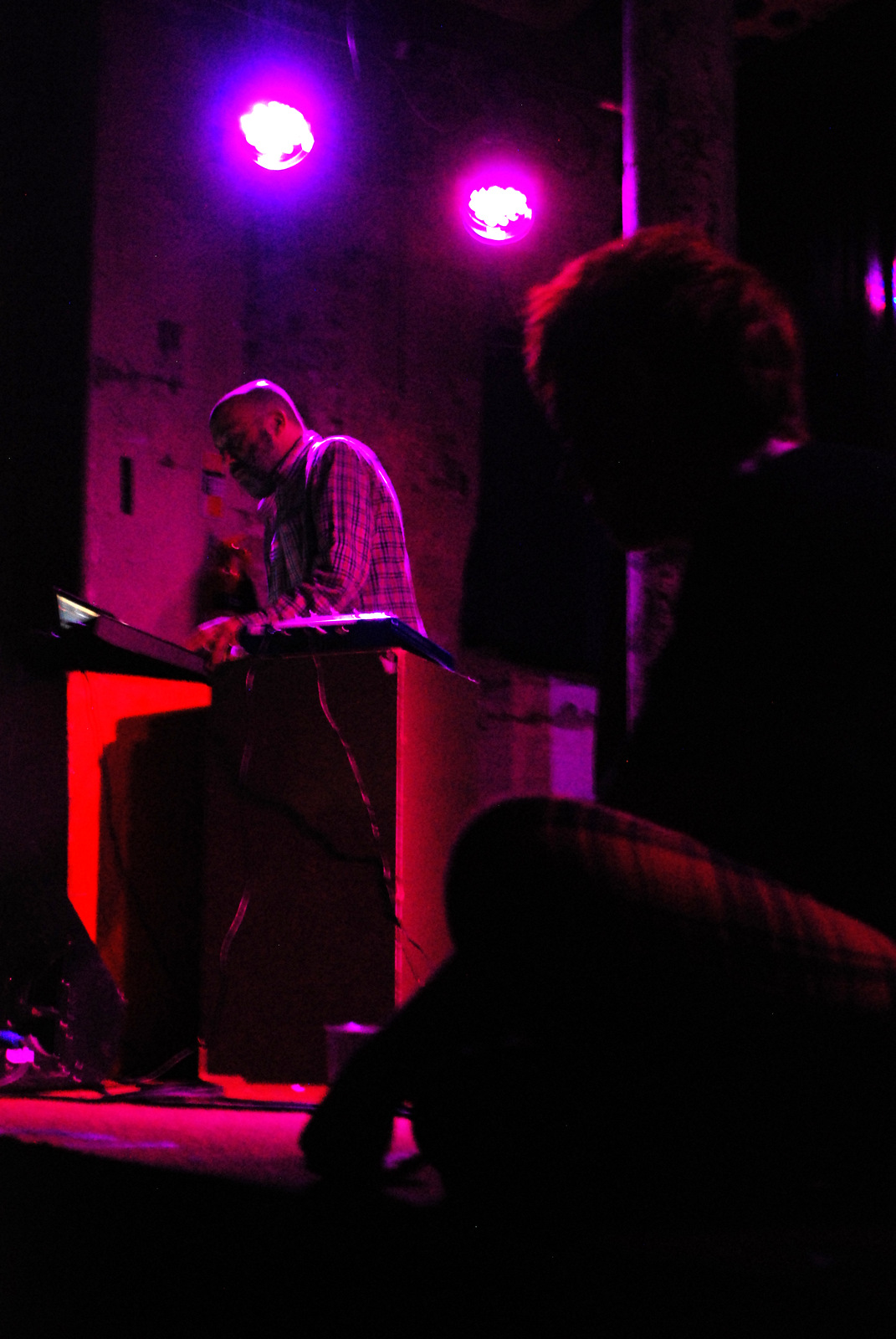BBC 6 Music DJ (and former member of The Fall) Marc Riley refers to Vic Godard as ‘The Greatest Living Englishman’ and after listening to 30 Odd Years quite a few times now, it’s hard to disagree (as far as songwriters go, anyway). His influence in the late-‘70s was significant and it resonates to this day. Godard (né Napper) took the emancipatory energy of punk and applied his inchoate yet sophisticated songwriting nous to it, filtering a variety of genres through both over the decades. From 1978’s Don’t Split It through to a 2012 rendition of 1992’s Johnny Thunders with Davey Henderson’s marvellous Sexual Objects, there’s no ‘Joey-punk’ knuckle-dragging and not a hint of flab.
The first disc is the more straightforward of the two, although it may raise the eyebrows of the hitherto uninitiated: it starts off punk (albeit with a smart, cutting, ‘60s garage edge), develops into Velvets-tinged pop, swings into full ‘Cole Porter’ mode in the middle, briefly turns off into the best Bond themes you’ve never heard (Spring is Grey and Stayin’ Outta View (Instrumental)) and ends with muscular Edwyn Collins-produced Northern Soul. All this could surprise even the seasoned fan with a full pre-existing familiarity with the individual songs.
The second disc initially follows naturally enough with We’ll Keep Our Chains from Godard’s second Collins-produced Long Term Side-Effect – melodic, tough, a bit off kilter and underpinned with that trademark Northern Soul swing. But then the generic twist-turns begin to emerge in ever more awe-inspiringly unexpected ways. First there are two infectious gospel songs from LTS-E and then we’re into turn-of-the-century urban with The Writer’s Slumped, which has more than a hint of Missy Elliott’s Get Yr Freak On about it (which came first, one wonders?). There’s even Godard classics such as Ambition with a distinct good-ole-fashioned-hoe-down bent, blackly funny music hall in the form of Blackpool (the theme to an ill-fated theatre collaboration with Irvine Welsh) and the jaunty, accordion-led, Brechtian number The Wedding Song. The most incredible thing about all of these diversions is how natural it all sounds – partly a testament to picking collaborators of the finest calibre but primarily due to being possessed of a songwriting talent, an authorial voice, so definite and distinct as to frequently leave one breathless.
The last song proper is the aforementioned live rendition of Johnny Thunders with The Sexual Objects. Recorded at Stereo in Glasgow in December 2012, it was a performance that was a part of a series of events dubbed VIC.ism, the weekend-long Glasgow leg of which celebrated Godard’s influences, influence and his special connection to the local music scene (his connection to Scotland is emphasised further by excerpts of the late Edinburgh poet Paul Reekie discussing Godard and Subway Sect on the short intro and outro tracks). 30 Odd Years reinforces the extent to which Godard’s back catalogue and fulsome talents deserve to be celebrated and emphatically so. Even the Godard/Sect aficionado is likely to uncover a fresh understanding, not least because of the wealth of alternative versions, radio sessions and live recordings on offer. The promise of a further Edwyn Collins-produced record, 1979 Now, later in the year is very exciting indeed, and if ever a 40 Odd Years appears, one could be confident it would be every bit as essential a listen as its predecessor.
'30 Odd Years' is available now on Gnu Inc Records on CD and download.
Andrew R. Hill


















